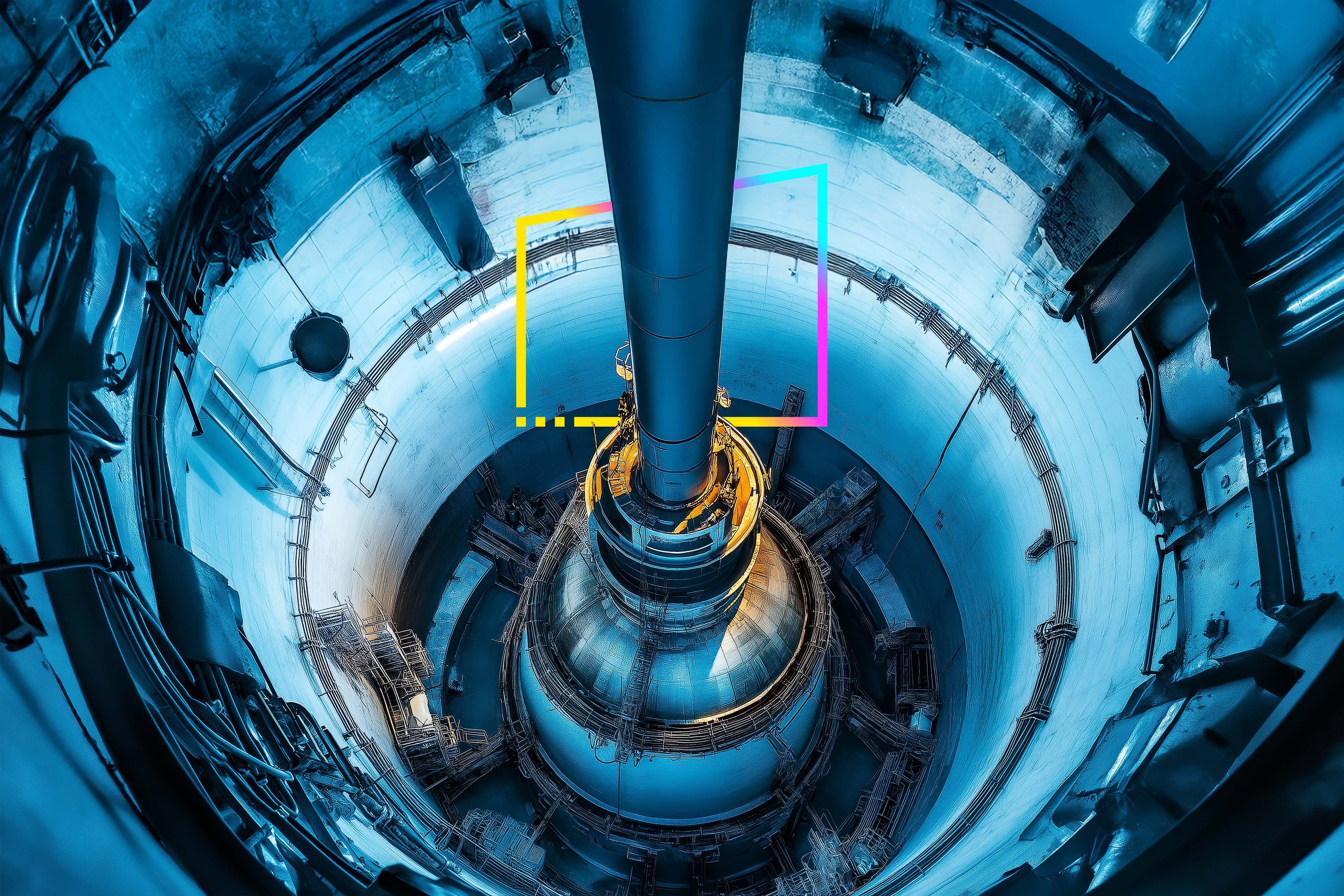EY refers to the global organization, and may refer to one or more, of the member firms of Ernst & Young Global Limited, each of which is a separate legal entity. Ernst & Young Global Limited, a UK company limited by guarantee, does not provide services to clients.
GST Council recommends decriminalization of offences and measures for trade facilitation
This Tax Alert summarizes a press release issued by the Ministry of Finance on various recommendations made by the Goods and Services Tax (GST) Council in its 48th meeting held on 17 December 2022.
The key recommendations are as follows:
- Decriminalization of certain offences, increasing the threshold of tax amount from INR 1 crore to INR 2 crores for launching prosecution, and reducing the compounding amount for offences.
- Paras 7, 8(a) and 8(b) earlier inserted in Schedule III to Central Goods and Services Tax Act, 2017 (CGST Act) w.e.f. 1 February 2019, to be made retrospectively effective from 1 July 2017.
- Amendment in GST law to prescribe a procedure for filing refund application by unregistered buyers on cancellation of supply agreements, where time limit to issue credit note by the supplier has expired.
- Restricting filing of returns/ statements to a maximum period of three years from the relevant due dates.
- Clarifying issues pertaining to the place of supply of services of transportation of goods outside India and availability of input tax credit (ITC) to the recipient of such supply.
Comments
- Relaxation in the provisions relating to offences, prosecution and compounding is a welcome move and likely to aid the ease of doing business agenda of the Government.
- Although the threshold for launching prosecution will be increased to INR 2 crores, as per CBIC guidelines, prosecution would normally be initiated where amount of tax evasion is more than INR 5 crores except in case of habitual evaders and arrest cases.
- Allowing refund to unregistered buyers in case of cancellation of supply agreements is a much-needed relief to the general public. Earlier, in a few cases, recipients of supply had approached the High Courts to claim refund where the levy was struck down.
- Retrospective effect to the amendments under Schedule III to the CGST Act may benefit taxpayers in pending litigations. However, the Government should allow refund in cases where a person has already paid tax on such transactions.
- While the recipient of supply is able to check GSTR-3B filing status of the supplier, he is unable to verify whether the supplier has paid tax to the Government. Thus, prescribing the mechanism under Rule 37A will be critical for complying with the provisions of section 16(2)(c).
- Courts in the past have held that the provisions of IBC have an overriding effect over the tax laws. Necessary changes were carried out under the Income tax law in the Budget for FY 2022-23. Amendment in Rule 161 and proposed issuance of Circular appears to be on the similar line.
- Proposed Rule 88C and amendment in Rule 59(6) may lead to additional compliance by taxpayers. There may be genuine reasons for difference in tax reported in GSTR-3B and GSTR-1 (for e.g., adjustment of credit note pertaining to earlier period in GSTR-3B of the current period). The difference may now have to be substantiated on a monthly basis.


